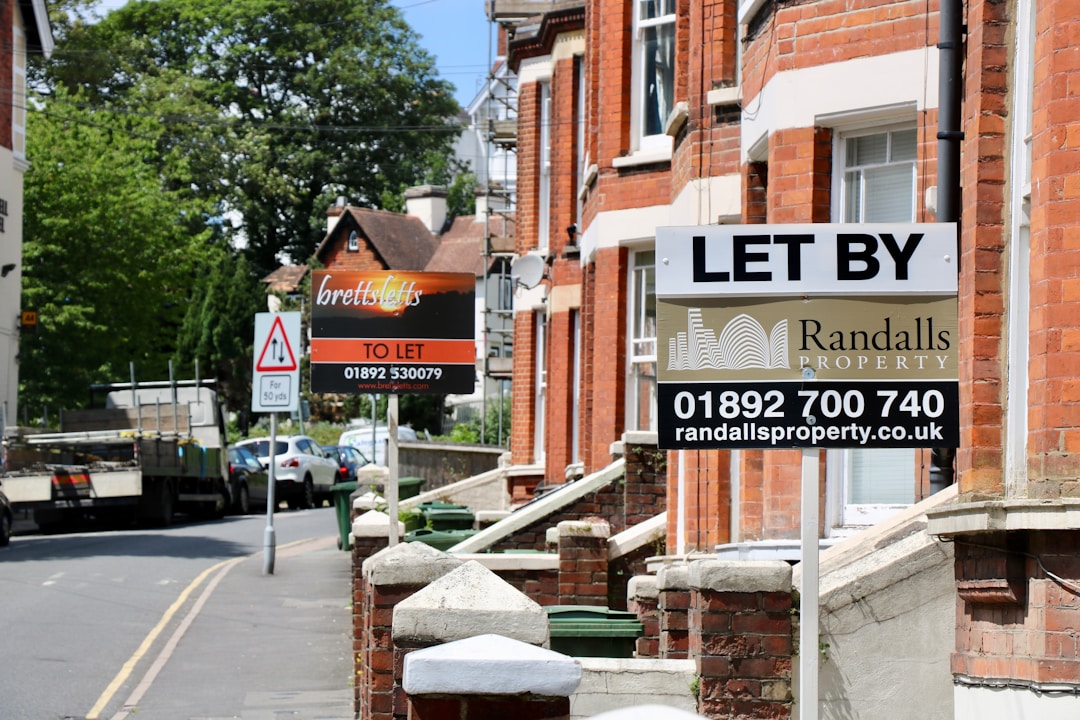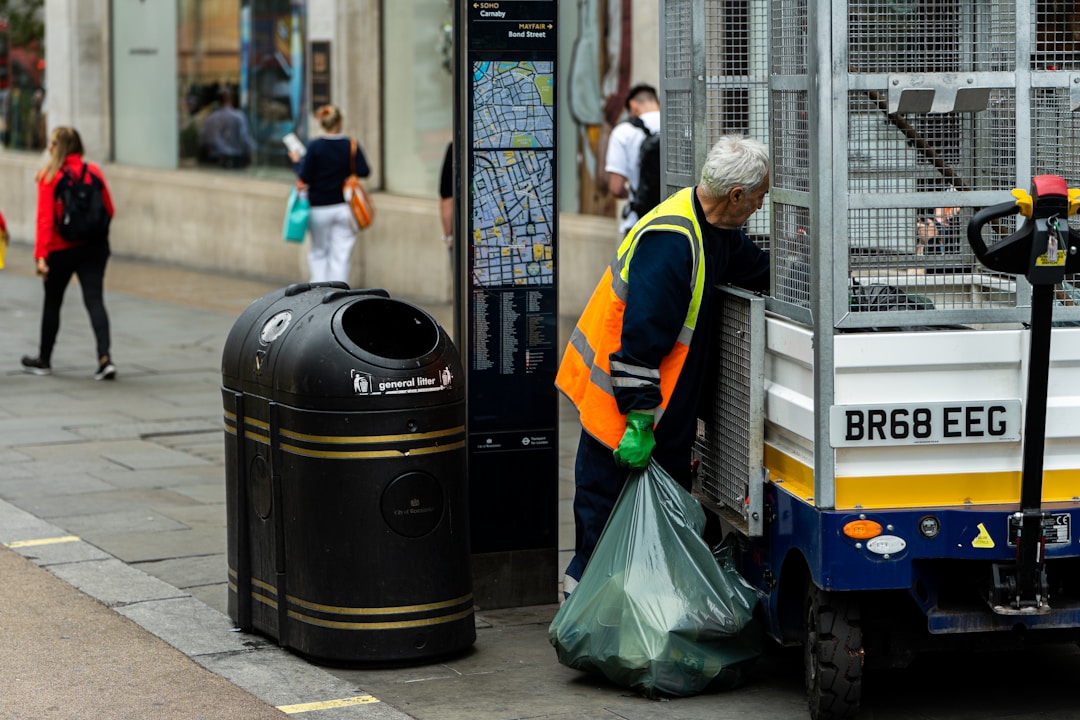
Visualisation made with flourish.studio

Disadvantaged pupils who go on to further education are on average 4.5 grades behind their peers by the age of 19. Fewer disadvantaged pupils go onto higher education than their peers (29% of those who were on free school meals, compared to 50% of those who were not on free school meals). A higher proportion of female students than male students go onto higher education; white students are the least likely to go onto higher education, with the highest rates among Chinese, Asian and Black ethnic groups. Different types of university also have very different intakes, with higher proportions of disadvantaged students at less selective universities; students eligible for free school meals are 100 times less likely to go to Oxford or Cambridge universities than students from private schools. Disadvantaged pupils who get to university are less likely to get a good degree than their more privileged classmates.
Explore the context
Explore the arguments
Children with special needs are not well enough supported
 Children with special needs are not well enough supported
Children with special needs are not well enough supported

Genetic differences only play a small part in determining educational outcomes
 Genetic differences only play a small part in determining educational outcomes
Genetic differences only play a small part in determining educational outcomes

People from poorer backgrounds are less likely to get to and do well at university
 People from poorer backgrounds are less likely to get to and do well at university
People from poorer backgrounds are less likely to get to and do well at university

People from poorer backgrounds do less well at school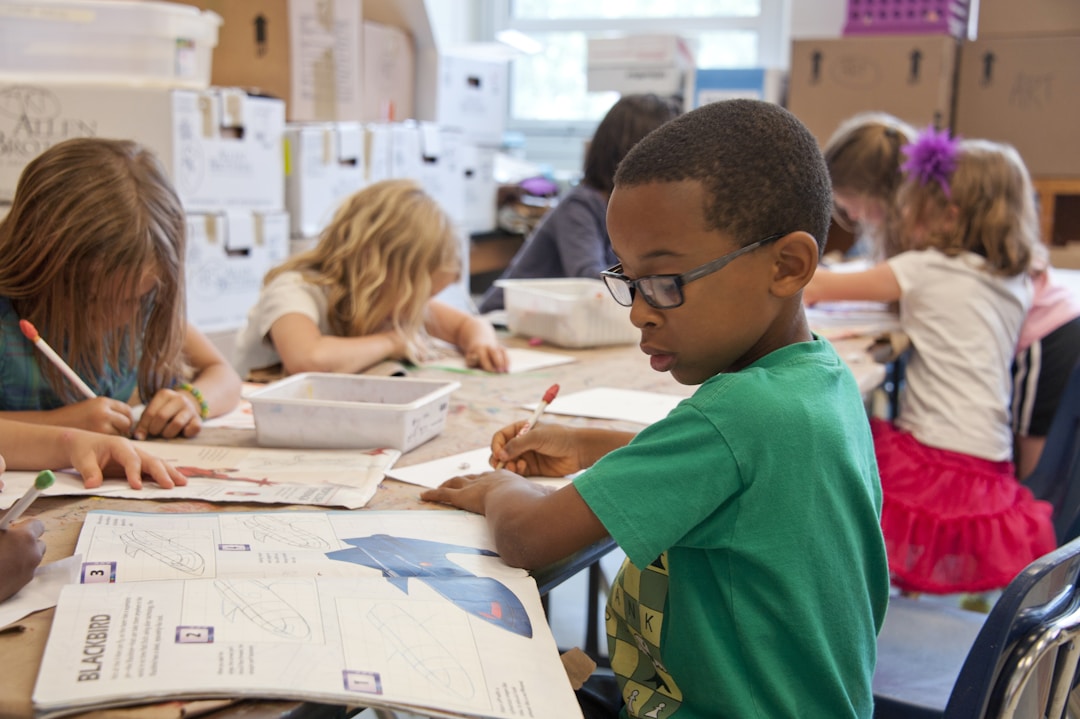
 People from poorer backgrounds do less well at school
People from poorer backgrounds do less well at school

Poor quality work undermines people’s physical and mental health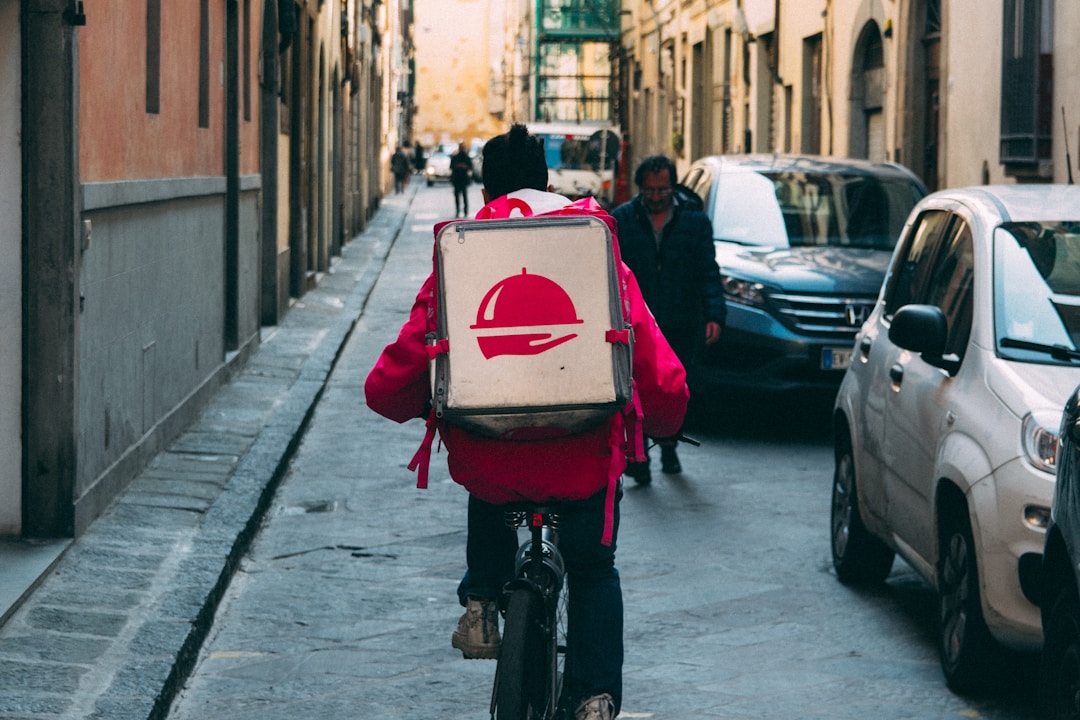
 Poor quality work undermines people’s physical and mental health
Poor quality work undermines people’s physical and mental health

Poorer people don’t have a buffer against economic shocks
 Poorer people don’t have a buffer against economic shocks
Poorer people don’t have a buffer against economic shocks

Socio-economic inequality leads to environmental inequality
 Socio-economic inequality leads to environmental inequality
Socio-economic inequality leads to environmental inequality

Socio-economic inequality leads to health inequalities
 Socio-economic inequality leads to health inequalities
Socio-economic inequality leads to health inequalities

Socio-economic inequality leads to more crime and less effective criminal justice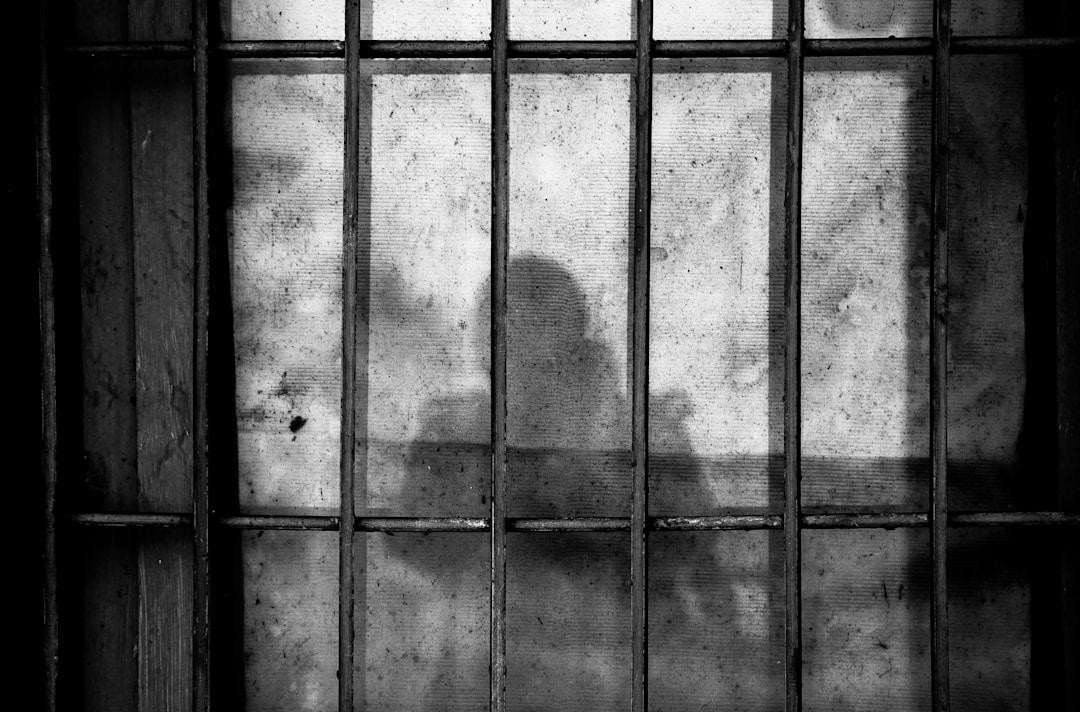
 Socio-economic inequality leads to more crime and less effective criminal justice
Socio-economic inequality leads to more crime and less effective criminal justice

Socio-economic inequality leads to political inequality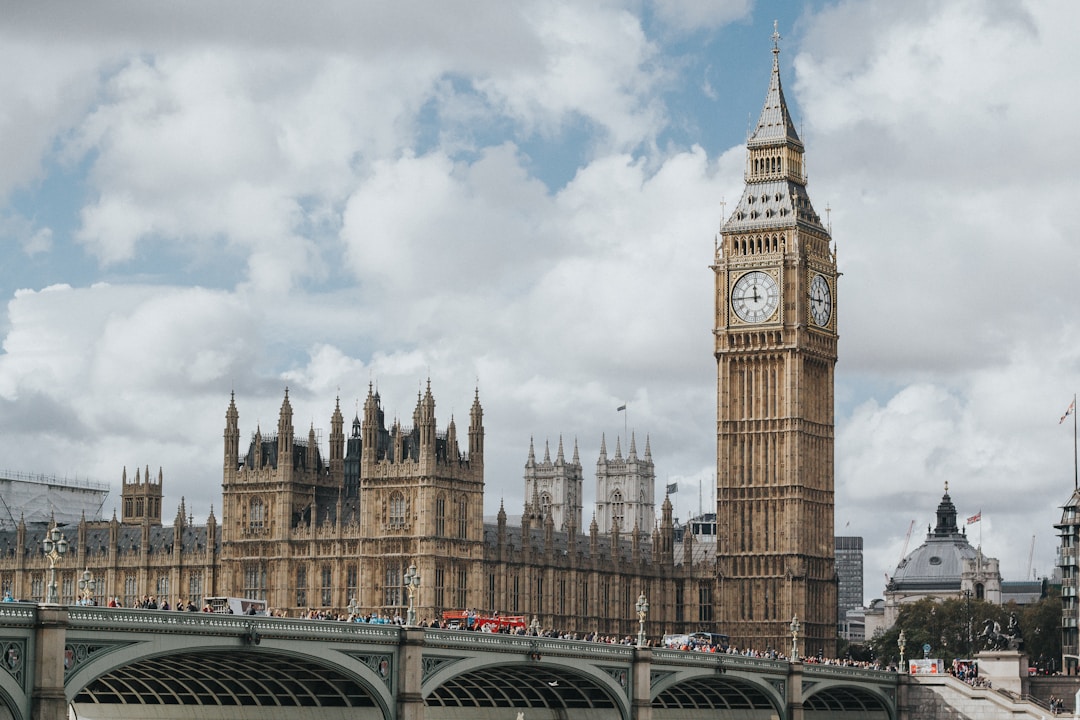
 Socio-economic inequality leads to political inequality
Socio-economic inequality leads to political inequality

The education system can never totally compensate for disadvantage
 The education system can never totally compensate for disadvantage
The education system can never totally compensate for disadvantage

The structure of our economy leads to huge regional inequalities
 The structure of our economy leads to huge regional inequalities
The structure of our economy leads to huge regional inequalities

There is little relationship between merit and reward
 There is little relationship between merit and reward
There is little relationship between merit and reward

Too many people are on low incomes and in insecure work
 Too many people are on low incomes and in insecure work
Too many people are on low incomes and in insecure work

Wealth inequality is much larger than income inequality
 Wealth inequality is much larger than income inequality
Wealth inequality is much larger than income inequality








